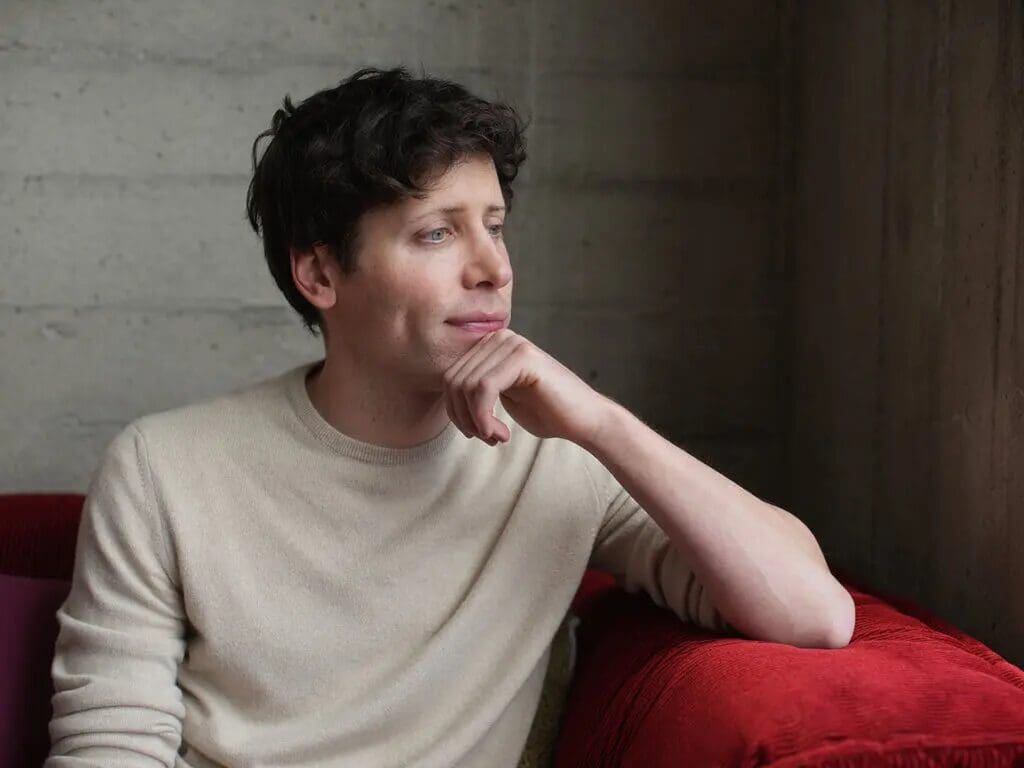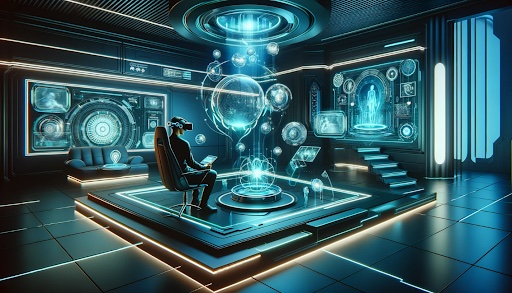
Inside the SAG-AFTRA deal: Who *really* won?
In a groundbreaking move, SAG-AFTRA, the renowned American labor union, has inked a deal with Replica Studios, an AI voiceover studio, transforming the landscape of voice acting in video games. This agreement, announced at the Consumer Electronics Show (CES) in Las Vegas, heralds a new era in gaming and entertainment. But what does this mean for the traditional voice actor?

The Struggle and the Strike
This novel agreement, a blend of tradition and technology, aims to integrate artificial intelligence into the world of gaming without sidelining the human element. At its core, the deal ensures informed consent for the creation of digital voice replicas and mandates the secure storage of these digital assets.
Duncan Crabtree-Ireland, the executive director of SAG-AFTRA, emphasizes that this is not about resisting technology but adapting to it for the benefit of the performers.

Remember the 2023 SAG-AFTRA strike? The main contention was the use of AI in replicating actors’ likenesses. While the union managed to secure consent and compensation requirements, it didn’t block studios from training AI to create “synthetic” actors.
Fast forward to today, and SAG-AFTRA is negotiating similar terms with major video game studios, with the Replica Studios deal potentially acting as a catalyst for these discussions.

Voice Actors: Between Tradition and Technology
The deal with Replica Studios goes beyond just contractual terms; it’s about bridging the gap between traditional voice acting and the burgeoning field of AI. Replica Studios, since its inception in 2019, has been at the forefront of this integration, offering a library of “ethically licensed” AI voices.
This partnership could open new avenues for voice actors willing to license their voices for video game use, albeit under the watchful eye of the union.
However, the road to AI integration is not without its bumps. The reaction from the voice acting community has been a mix of optimism and skepticism. Some voice actors feel blindsided, fearing the potential of AI to replace them. Others, like Shreyas Nivas, CEO of Replica Studios, view this as an ethical approach to embracing AI, ensuring that talent is fairly recognized and compensated.

The Bigger Picture
This agreement isn’t just about consent and compensation; it’s about setting a precedent in the rapidly evolving world of AI and entertainment. SAG-AFTRA’s move to negotiate with AI studios reflects a proactive stance in protecting the rights of performers while embracing technological advancements. It’s a delicate balance between preserving traditional art forms and exploring new frontiers in digital entertainment.
As this partnership unfolds, one can’t help but wonder about the future of voice acting in the gaming industry. Will AI-enhanced voices become the norm, or will traditional voice acting retain its charm and dominance? And more importantly, how will this technological evolution affect the very nature of performance and creativity in the entertainment industry?
How will these advancements shape the future of voice acting and gaming, and are we ready for the changes it brings?







